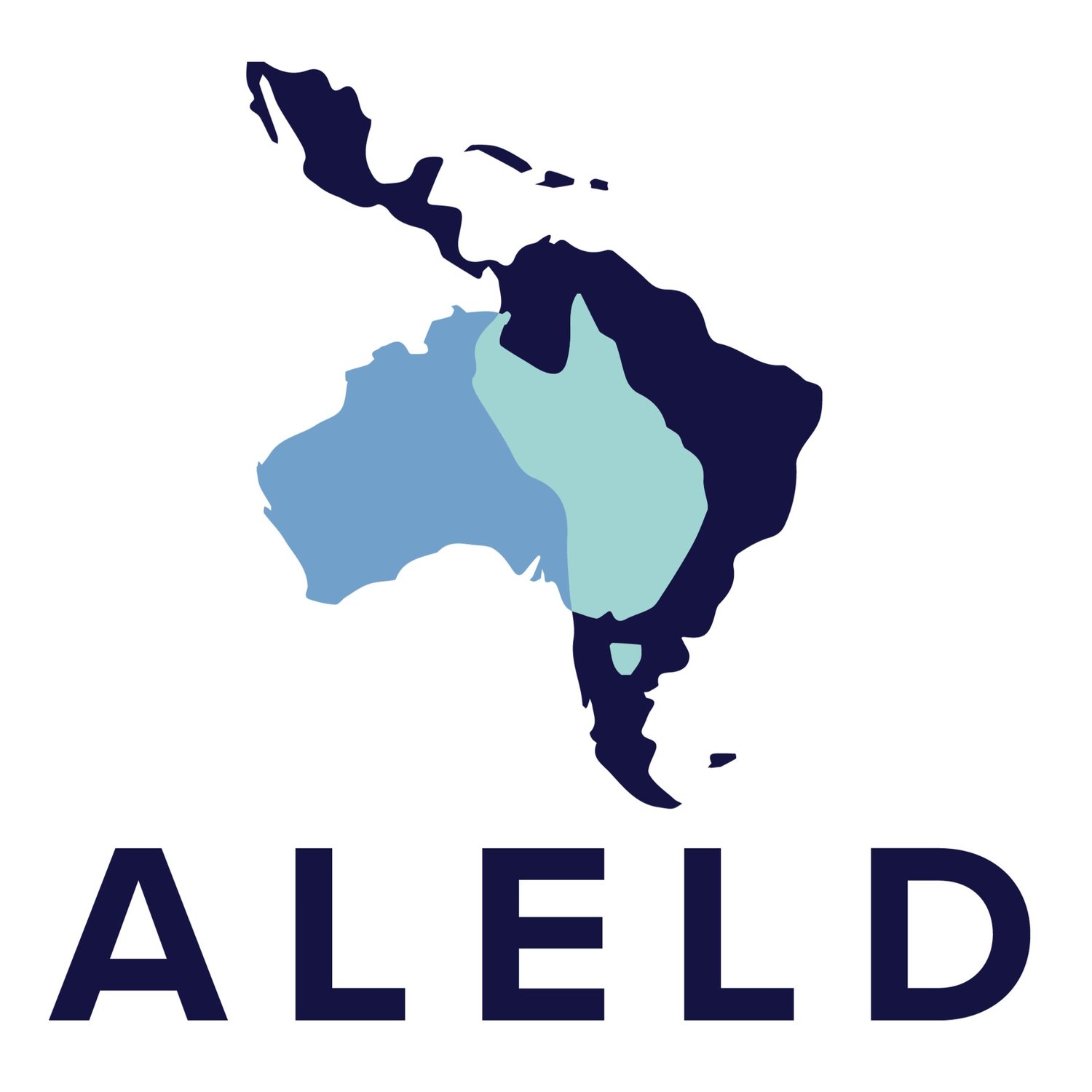Elon Waved the White Flag in a Legal Battle with Brazil. What’s next for X in Democratic Countries?
Elon Musk with former President of Brazil, Jair Bolsonaro. Source: Flickr.
The Battle with Brazil
For the past two weeks, Elon Musk has been entangled in a legal conflict with Brazil’s Supreme Court, following orders that X (formerly Twitter) block far-right accounts accused of propagating misinformation. Originally, Musk declared that he would instruct his staff to defy the order, adhering to his free speech absolutist principles. Unfortunately for Musk, Brazil’s constitution does not enshrine a guarantee of free speech. Musk called for Supreme Court Justice Alex de Moraes to resign on the grounds that his censorship orders were unconstitutional. The Brazilian Government will ignore the impeachment request, having endured a similar dispute when former President Bolsonaro deployed the same tactic against de Moraes in 2021.
Billionaire and Owner of X Elon Musk. Source: Wikimedia.
In response to Musk’s refusal, de Moraes opened an investigation into Musk, who stands at risk of being charged with obstruction of justice. Following the attack on Brazil’s Congress on 8 January 2023, when right-wing protestors stormed government buildings following Bolsonaro’s electoral loss, de Moraes espoused the censorship of anti-democratic online material.
Minister of the Supreme Federal Court of Brazil Alex de Moraes. Source: Wikimedia.
During Bolsonaro’s presidency, Brazil’s institutions suffered routine attacks and smears. Bolsonaro promoted an air of conspiracist anti-establishment thinking amongst his supporters. Throughout the COVID-19 pandemic, Bolsonaro supported anti-vax rhetoric, and a recent police investigation revealed that he falsified a vaccination card and inserted false information into public health records. He also constantly questioned the strength of the country’s voting system in the lead-up to the 2022 election, planting the seed that incumbent President Lula’s victory may be illegitimate. Taking cues from Trump’s political handbook, Bolsonaro took aim at the media, regularly insulting and interrogating journalists in combative press conferences.
Former President of Brazil Jair Bolsonaro. Source: Wikimedia.
Following the announcement of an investigation into Musk’s potential criminal actions, lawyers representing X have told the Supreme Court that the platform will fully comply with the original court order, and it will remove popular accounts flagged by the Court.
Musk may face internal pressure to not risk X being banned from Brazil, as the country is a major key market. According to eMarketer, roughly 18 percent of Brazil’s population browse X at least once per month. With the operation of new platforms, such as Mark Zuckerberg’s Threads (which resemble content moderation more akin to X’s previous policy), Musk should be wary not to give X users a reason to migrate elsewhere.
What’s next for X Elsewhere?
The EU Headquarters in Brussels. Source: Wikimedia.
Replatforming previously banned far-right users following Musk’s loosening of moderation policy poses a dilemma to governments. In late 2023, the EU passed new laws on misinformation, forcing Musk to increase moderation for X’s EU user base. However, far-right parties are on the rise across Europe, many of which are in favour of severing support lines to Ukraine and beginning a rapprochement with Russia to aid a flailing economy. This can be seen in Germany, where the Alternative for Deutschland party has been consistently rising in polls over the last twelve months. Russia has utilised the lax content moderation on X to inject and amply narratives that favour their policy goals and build relationships with foreign political parties.
Australian Prime Minister Anthony Albanese. Source: Wikimedia.
In Australia, Prime Minister Anthony Albanese has started campaigning for Musk to improve his content moderation. This comes in the wake of a viral video capturing a shocking stabbing at a Sydney church. Albanese and Australia’s eSafety commissioner, Julie Grant, allege that content like the stabbing video brings a barrage of misinformation and hate that threatens Australia’s multicultural society. They further argue that trusted government sources ought to be in control of narratives, instead of online accounts that seek to stir up controversy and spread misinformation. Musk has made efforts to draw international attention to the command that X remove any content and indicated that X will not comply. Both Albanese and Peter Dutton, the leader of the opposition, have signalled support for new legislation that will combat the proliferation of misinformation and hold social media companies responsible.
Will X Evoke a Rethinking of Democratic Values?
Potential new legislation in Australia may open the door for further online censorship and see further restrictions of other online platforms in the future. In the event of a Chinese invasion of Taiwan, which many US officials are expecting, the Australian government could ban access to Chinese social media platforms to prevent pro-China narratives from becoming prevalent in Australian politics.
The Brazil case could be a precursor to many more disputes over where exactly the boundary is between free speech and extremist, hate speech content. Now that Musk has reopened the accounts of persuasive far-right political commentators, X’s user base and the media may consequently shift further to the right. This can already be seen in the US, with mainstream conservative figures such as Charlie Kirk, Matt Walsh, and Tucker Carlson promoting harder-right positions on key issues such as immigration, foreign policy, and LGBTQ+ rights. The Brazil case may be replicated internationally in the future, representing a tug-of-war between institutionalists who want to ensure political discourse does not devolve into radical polarisation and free speech absolutism. What remains to be seen is if liberal democracies withstand increasing polarisation, or if one side vies for power and wields the institutions to silence the other political persuasion.
Alister Gibson is a third year International Relations Student at the University of Adelaide, with a keen interest in political order, history, and philosophy. He is currently studying German and Spanish.
Content Disclaimer
The views expressed in this article are those of the author and do not necessarily represent the views or opinions of the Australia Latam Emerging Leaders Dialogue






